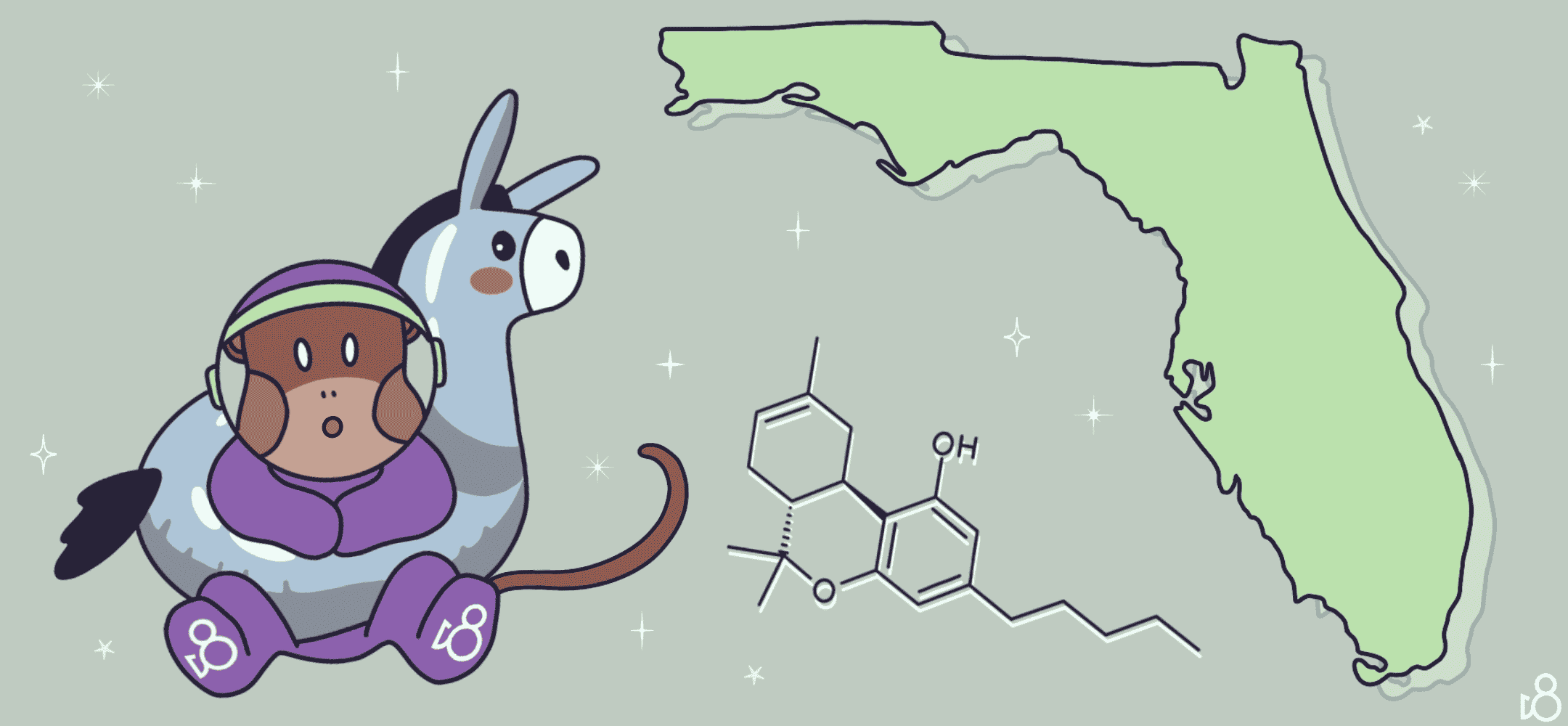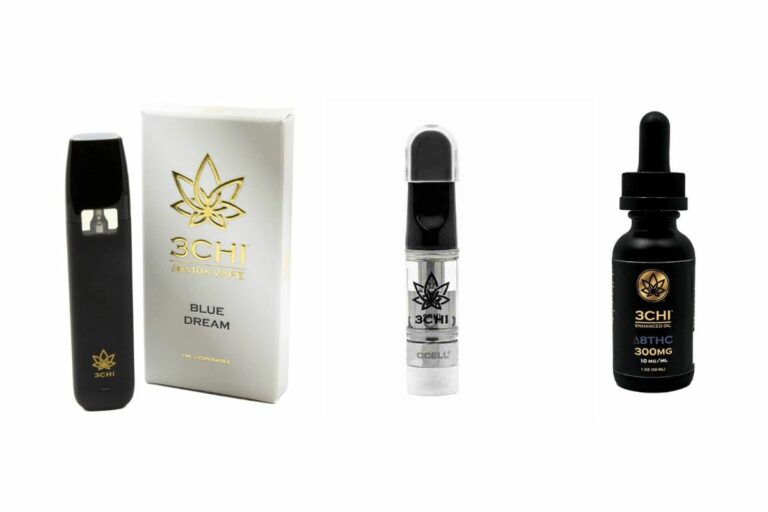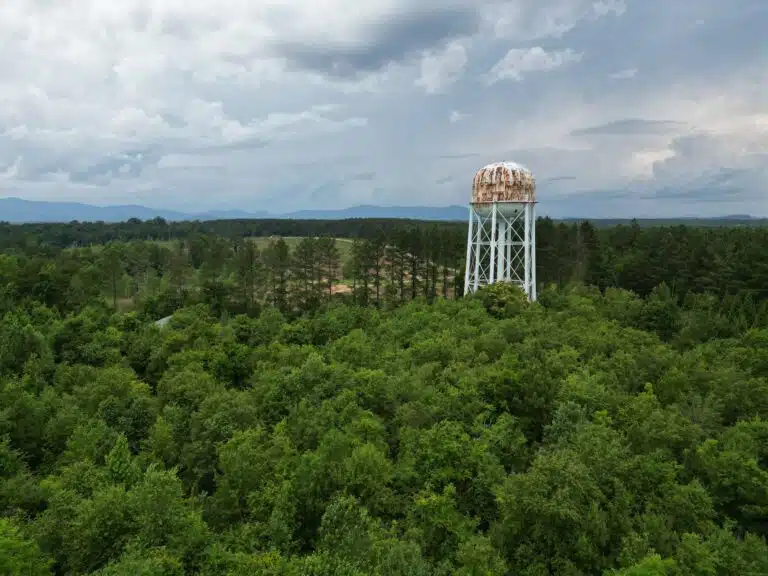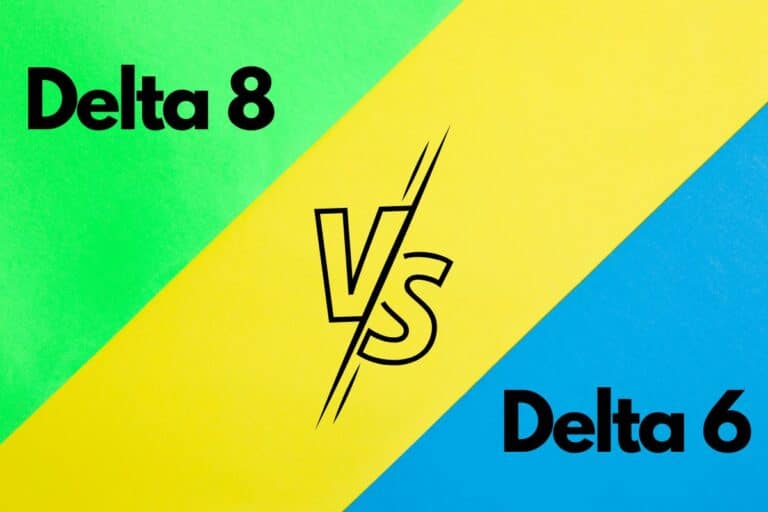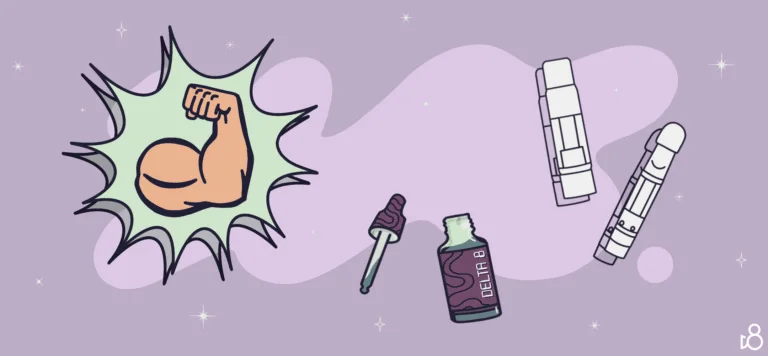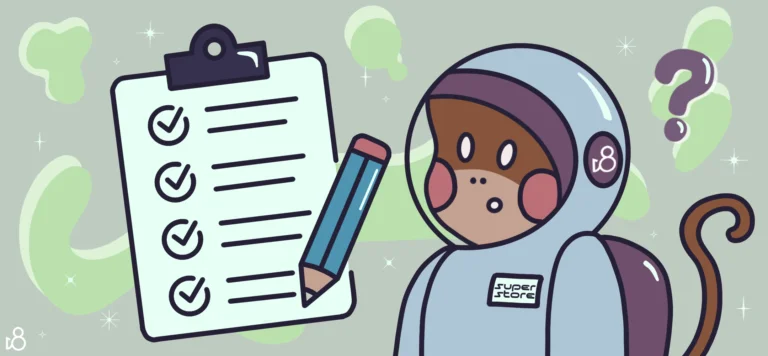Is Delta 8 Legal in Florida? Understanding State Regulations
Jumping into the **sunshine state’s** maze of **cannabis and hemp** rules might have your ears perked up for Delta-8 THC and how it fits with the law. While **Delta-9 THC** is famous for its strong buzz, Delta-8 steals the spotlight as the **chill family member**—less intense but still full of benefits, and it’s totally legal. Everyone’s buzzing about its gentler vibe and the straightforward legal status. Hang tight, because I’m about to spill some Delta-8 secrets that might just **turn things around** for you.
Table of contents
Understanding the legal landscape of Delta-8 in Florida requires a look at the broader context of cannabis laws in the state. In Florida, marijuana is legal for medical use but remains illegal for recreational use. However, hemp-derived products have been federally legal since the passing of the 2018 Farm Bill, as long as they contain less than 0.3% Delta-9 THC. This distinction is critical when considering the legality of Delta-8 products in Florida, as it may influence their accessibility and regulation.
You should be aware that laws and regulations around cannabis derivatives can change, and it’s important to stay informed about current legislation to ensure compliance. As of now, Delta-8 reportedly falls into a legal gray area in several states across the country, and its status could vary based on future state legislation and interpretations of federal law regarding hemp and its derivatives.
Delta-8 THC Overview
Delta-8 THC is a compound that has sparked a great deal of interest for its similarities and differences to Delta-9 THC. As a variant of tetrahydrocannabinol, understanding its characteristics is essential.
What Is Delta-8 THC?
Delta-8 tetrahydrocannabinol (Delta-8 THC) is a cannabinoid found in the cannabis and hemp plants. Although it occurs in small amounts naturally, it can also be derived through the chemical conversion of CBD (cannabidiol). It interacts with your body’s endocannabinoid system, primarily binding to the CB1 and CB2 receptors, which influences its psychoactive effects.
Chemical Structure and Effects
Delta-8 THC shares a similar chemical structure with Delta-9 THC; both are isomers of tetrahydrocannabinol, with subtle differences in the placement of a double bond in their molecules. This minute change is significant, though, as it impacts the compound’s affinity for cannabinoid receptors in the brain, altering its effects. Delta-8 is known for producing a clearer high compared to its more potent counterpart, with reduced anxiety and less intense psychoactive effects.
Delta-8 vs. Delta-9 THC
When comparing Delta-8 to Delta-9 THC, the key difference lies in their potency and psychoactive profile. Delta-9 THC is the primary compound associated with the powerful psychoactive effects of marijuana. Delta-8, on the other hand, is often described as “marijuana-lite” or “diet weed” because it induces a milder high. The binding efficiency of Delta-8 on the CB1 receptors is what gives this compound its unique characteristics, making it less potent than Delta-9 THC but still notably psychoactive.
Legal Landscape of Delta-8 THC in Florida
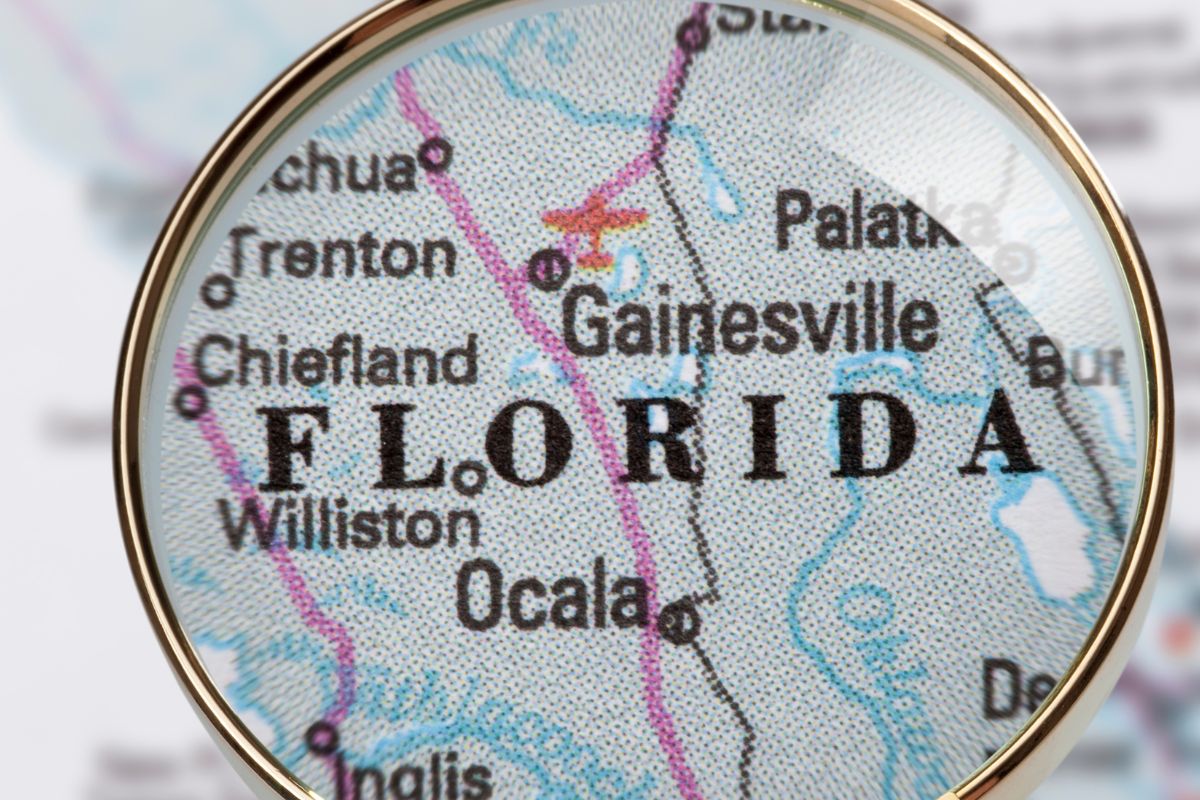
In Florida, the legal status of Delta-8 THC has been a subject of complexity, influenced by state regulations, federal law, and the provisions of the 2018 Farm Bill. As you navigate through the details of this landscape, it’s essential to understand the current regulations in place, how they compare to federal law, and the implications of the 2018 Farm Bill.
Current State Regulations
In Florida, Delta-8 THC is currently legal under state law. This legality comes from Florida’s acceptance of the language from the 2018 Farm Bill, which acknowledges the legitimacy of hemp-derived products. However, Florida lawmakers have been scrutinizing the compound more closely, leading to new legislative efforts like SB 1676, which proposed stricter regulations for Delta-8 THC and other hemp-derived products.
Comparison with Federal Law
At the federal level, Delta-8 THC exists in a gray area. Although derived from legal hemp, the DEA has not specifically addressed Delta-8 THC’s legality, leaving it out of the list of controlled substances but arguably covered under the analog provisions. As such, while not explicitly classified as a Schedule I controlled substance, there’s still ongoing debate over its status under the Controlled Substances Act.
2018 Farm Bill and Its Impact
The 2018 Farm Bill significantly affected the legality of hemp-derived products across the country. In Florida, this bill clarified that products derived from hemp with less than 0.3% Delta-9 THC are legal, which by extension made Delta-8 THC products legal, provided they adhere to the same THC concentration limits. This bill removed hemp from the DEA’s list of Schedule I substances, which has played a pivotal role in the current regulation of hemp-derived products, including Delta-8 THC.
Consumer Safety and Accessibility
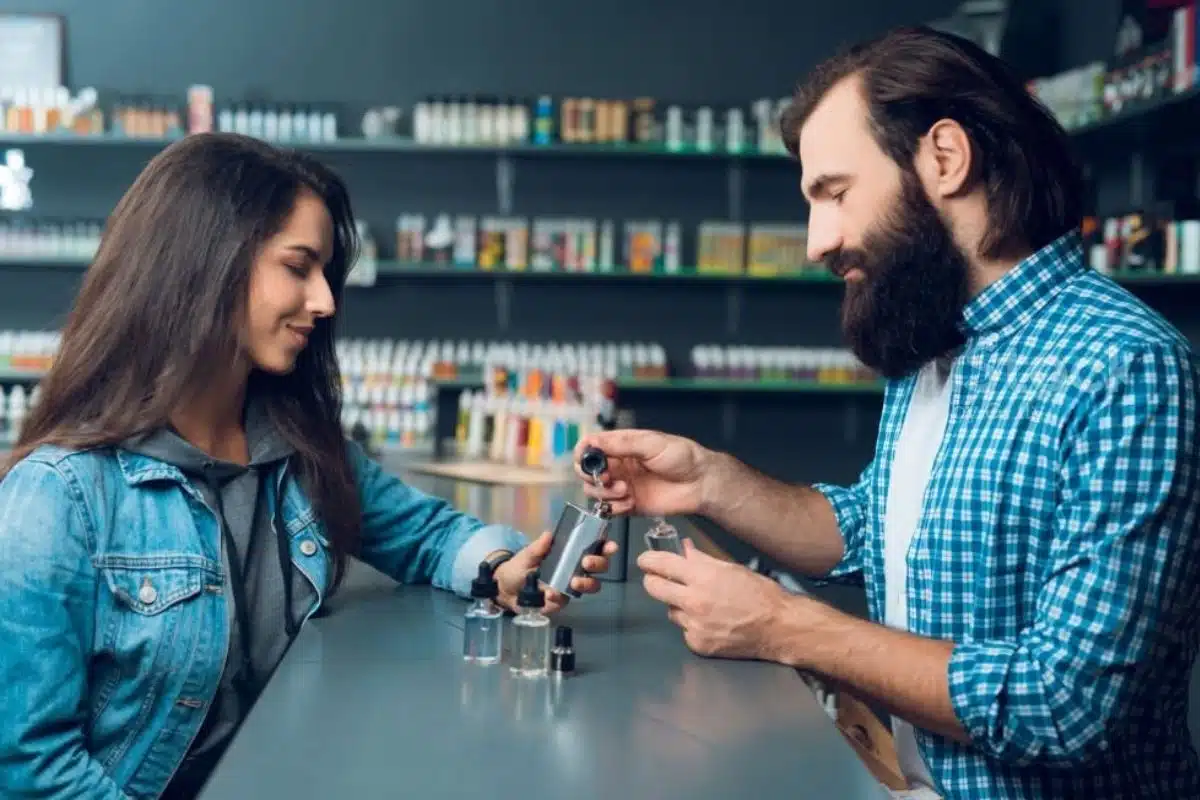
When it comes to Delta-8 THC in Florida, your safety and the accessibility of products are of the utmost importance. The legal landscape surrounding hemp-derived products like Delta-8 is complex, and this affects both the regulation and availability within the state.
Product Safety and Regulation
Delta-8 THC is a hemp-derived cannabinoid that’s present in the Cannabis sativa plant. After the passage of the 2018 Farm Bill, hemp-derived products containing less than 0.3% Delta-9 THC on a dry weight basis were deemed federally legal. However, Florida has its own set of regulations when it comes to hemp extracts.
- Agency Oversight: In Florida, the Department of Agriculture and Consumer Services oversees hemp production and product safety. Your hemp-derived cannabis products, including CBD and Delta-8, should have clear labeling and packaging to ensure consumer safety. This means that both concentrations of active ingredients and potential contaminants must be explicitly stated.
- Medical Marijuana Program: If you’re a part of the Florida Medical Marijuana Program, the products you get through dispensaries are subject to rigorous testing to safeguard public health.
For more detailed information regarding Delta-8 regulations, and how they impact the industry and consumers, you can refer to an analysis of content and labeling of commercial Delta-8 THC products.
Availability and Where to Buy in Florida
Finding Delta-8 products in Florida can be straightforward, provided you know where to look and what to look for. Unlike Delta-9 THC, which is more commonly associated with marijuana, Delta-8 is typically less potent and falls into a gray area due to its hemp-derived status. Here is where you can find Delta-8:
- Dispensaries: Many registered dispensaries offer Delta-8, alongside other cannabinoids under the state’s medical marijuana program.
- Online Retailers: A convenient and accessible option to purchase is through online stores that ship Delta-8 products to Florida.
- Specialty Stores: Some local health and wellness stores may stock hemp-derived extracts including Delta-8 products.
Always remember, consumer responsibilities include ensuring that the products you purchase comply with state laws and are sourced from reputable retailers. Given the controversy surrounding cannabinoid products, stay informed on any changes regarding accessibility and legality. For insights into the legal status and accessibility of Delta-8 in Florida, consider information from an article discussing modern uses of assistance animals, which also touches upon the accessibility of Delta-8 in public entities.
Delta-8 THC Use and Effects

As you explore the world of cannabinoids, you’ll find that Delta-8 THC stands out for its unique psychoactive effects and potential therapeutic benefits. However, it is crucial to remain informed about both its positive and negative impacts on health.
Potential Benefits
Delta-8 THC, a cannabinoid similar to cannabidiol (CBD) and Delta-9 THC, may offer several potential health benefits. Users often report that Delta-8 THC can lead to a feeling of pleasure, alleviate stress and anxiety, stimulate appetite, and reduce nausea. Unlike its more potent cousin Delta-9 THC, Delta-8 THC typically results in a milder high that is perceived as more manageable by some users.
Risks and Side Effects
Despite its popularity and availability, the safety of Delta-8 THC is not fully established through comprehensive research. Side effects may include vomiting, anxiety, and other undesirable reactions. Due to the psychoactive nature of Delta-8 THC, there’s a recommended age limit to prevent underage use, and it’s essential to observe legal restrictions in your area.
Consumer Experiences
The consumer experiences with Delta-8 THC can vary considerably. Some individuals find it effective for managing pain and anxiety, whereas others may face unpleasant side effects. Its popularity has risen due to its accessibility and the anecdotal evidence of its effects, but remember that individual experiences with Delta-8 THC can differ significantly based on dosage, individual tolerance, and the presence of other cannabinoids.
Delta-8 THC Legal Developments
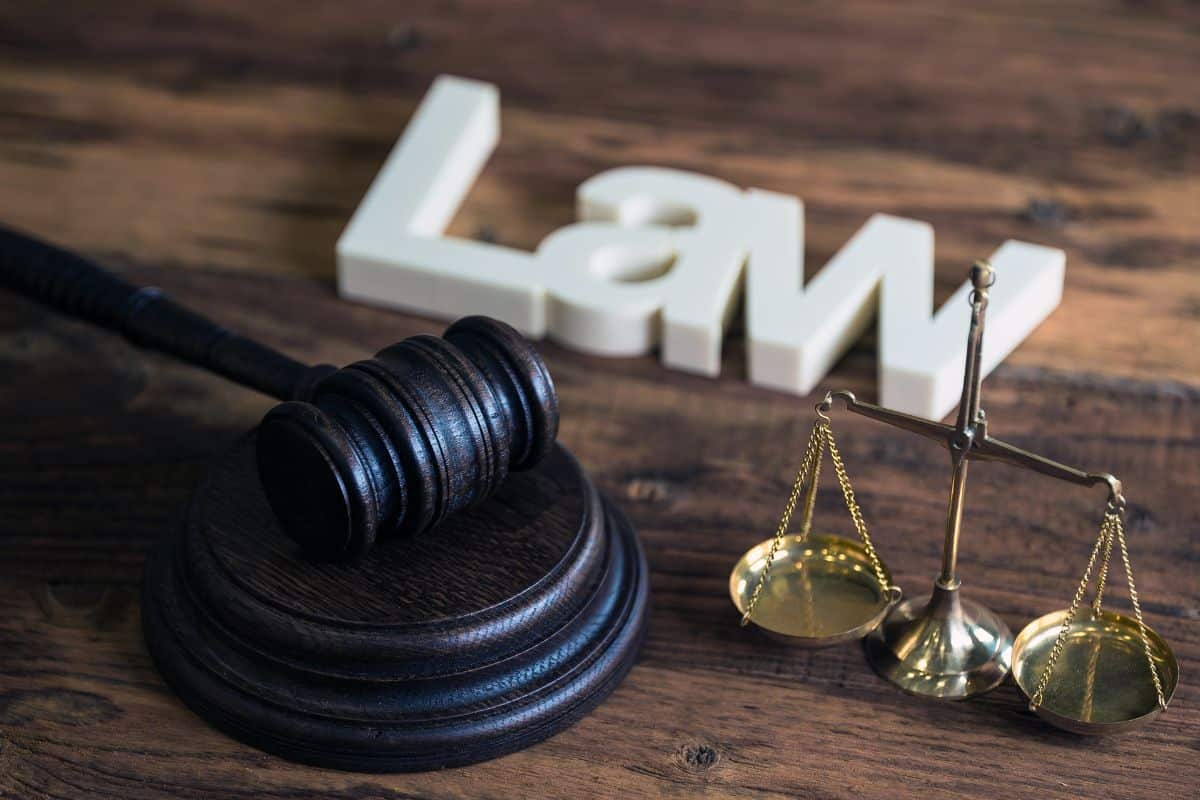
Understanding the legal standing of Delta-8 THC, especially its derivation from hemp, is crucial. Recent changes highlight the complexities between federal regulations and state-specific laws.
Legal Changes and Trends
You may find that the legal landscape surrounding Delta-8 THC is complicated and often shifting. Despite hemp-derived cannabinoids like CBD being legalized at the federal level through the Hemp Farming Act of 2018, Delta-8 THC occupies a grey area due to its psychoactive effects. Notably, Delta-8 THC is federally legal if it is derived from hemp containing no more than 0.3% Delta-9 THC. However, some states, like Texas, have attempted to regulate or ban Delta-8 due to concerns over psychoactive properties and safety.
Delta-8 THC is sometimes synthetically derived through isomerization, which can alter its legal status. This process has led to a legal loophole where synthetic cannabinoids are not explicitly addressed by federal law, potentially classifying them differently from naturally occurring cannabinoids.
Role of the DEA and FDA
Your understanding of the role played by the DEA and FDA in this scenario is pivotal. While the DEA enforces controlled substance regulations, placing most tetrahydrocannabinols under Schedule I, they have not explicitly listed hemp-derived Delta-8 THC as a controlled substance. Nonetheless, the legality of Delta-8 THC may be influenced by the DEA’s Interim Final Rule, which mentions synthetically derived tetrahydrocannabinols and could imply a different legal treatment compared to plant-derived cannabinoids.
The FDA also plays a critical role, tasked with ensuring public health and safety through regulation. As of now, the FDA has not formally approved Delta-8 THC but has voiced concerns over its marketing and the lack of research on its health effects. They actively monitor the market and have issued warnings to companies improperly marketing Delta-8 THC products. Regulations from the FDA are imminent, as public pressure and the evolving cannabis market compel the federal government and regulatory bodies to provide clearer guidelines.
Frequently Asked Questions
When considering the purchase and possession of Delta-8 in Florida, you must be aware of the specific state laws that apply. This section addresses common questions and provides direct answers regarding the legalities of Delta-8 in the Sunshine State.
What laws regulate the purchase of Delta-8 products in Florida?
In Florida, Delta-8 is legal and regulated under state law, similar to other hemp-derived products, following the 2018 Farm Bill. This means that Delta-8 products derived from hemp with less than 0.3% Delta-9 THC are permitted.
At what age can individuals legally purchase Delta-8 in Florida?
You must be at least 21 years old to legally purchase Delta-8 products in Florida, in line with regulations that apply to the purchase of hemp-derived substances.
Are there any legal consequences for possessing Delta-8 in Florida?
Possessing Delta-8 in Florida is legal as long as it complies with federal law, meaning that the product is derived from hemp and contains less than 0.3% Delta-9 THC. However, products outside those limits can lead to legal consequences.
Is there a difference in the legality of Delta-8 and Delta-9 in Florida?
Yes, there is a difference: Delta-9 THC is restricted under federal law, but in Florida, Delta-8 is lawful provided it comes from hemp and stays below the 0.3% Delta-9 THC threshold.
Can visitors bring Delta-8 products into Florida when traveling?
Visitors can bring Delta-8 products into Florida, assuming these products are federally legal, containing less than 0.3% Delta-9 THC, and align with Florida’s hemp regulations.
How does the legal status of Delta-10 compare to Delta-8 in Florida?
Delta-10 is treated similarly to Delta-8 in Florida, as both are considered legal when they are derived from hemp and contain less than 0.3% Delta-9 THC.

